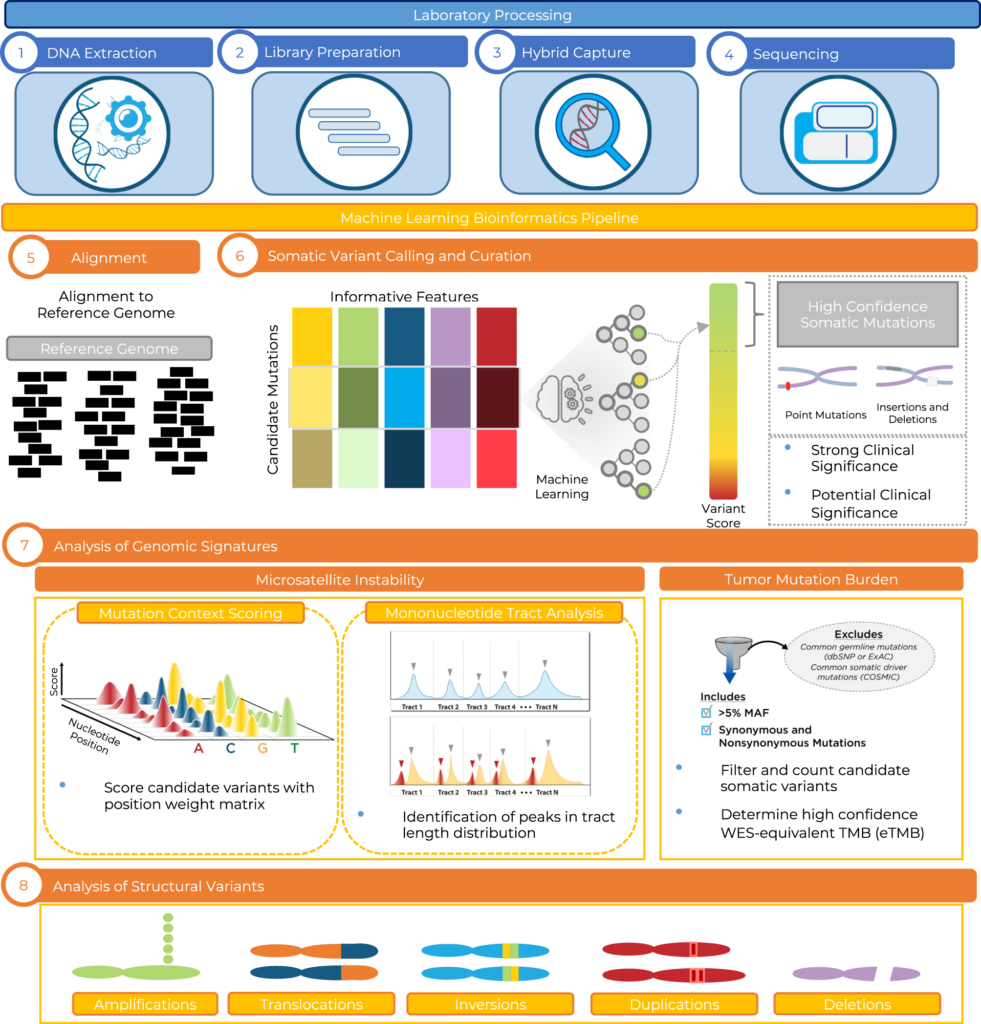Augmented Research
WES 100 X average sequencing depth,120 Gb/sample
WES 100 X average sequencing depth,120 Gb/sample
Couldn't load pickup availability
Whole exome sequencing (WES) is a molecular biology technique used to sequence and analyze the protein-coding regions of the genome, known as exons. Exons represent only about 1-2% of the entire genome, but they contain most of the genetic variants that are known to cause diseases. WES involves the use of next-generation sequencing (NGS) technologies to generate millions of short reads from the exome. The resulting sequence data can be analyzed to identify single nucleotide variations (SNVs), small insertions or deletions (indels), and copy number variations (CNVs) within the exome. WES has numerous applications in various fields of research, including human genetics, clinical genomics, and personalized medicine. It can be used to identify disease-causing mutations, investigate the genetic basis of complex diseases, and develop targeted therapies. WES is particularly useful for rare genetic disorders, where disease-causing mutations are often located in the exome. WES can also be used for cancer genomics, where it can identify somatic mutations and potential targets for cancer therapy. WES is a powerful tool for comprehensive genetic analysis, providing insights into the genetic basis of diseases and informing personalized treatment strategies.
Share


